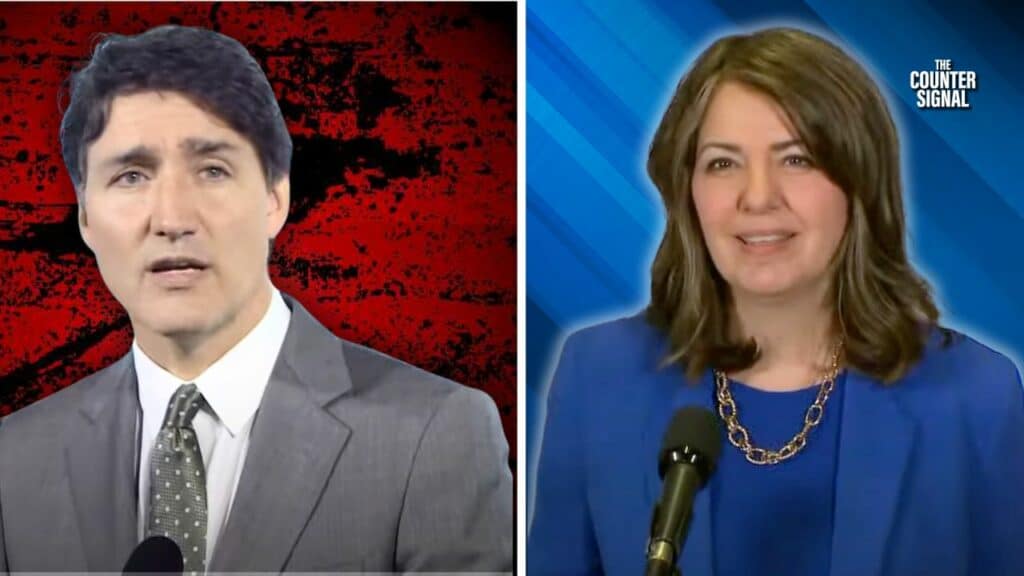Alberta Premier Danielle Smith has rejected the Canadian Dental Care Plan (CDCP), a cornerstone of the federal Liberal agenda, blasting the plan as unnecessary and an infringement on provincial jurisdiction.

“Alberta offers the most extensive, publicly funded dental coverage in Canada,” she wrote in an open letter to Prime Minister Justin Trudeau.
The Premier pointed out that 500,000 Albertans, including low-income families and vulnerable individuals, already benefit from Alberta’s program. She said that the CDCP merely duplicates this existing coverage, and creates confusion with overlapping plans.
“Alberta has long maintained that it would be more effective to expand existing provincial programs than to introduce a new federal plan,” Smith stated.
She also noted that some Albertans currently covered by provincial programs, such as vulnerable children in care, do not qualify for the CDCP.
The Premier further said that the new federal plan infringes upon the province’s “exclusive jurisdiction,” claiming that the feds’ lack of collaboration before the CDCP’s announcement was an issue.
Smith expressed an intention to negotiate an agreement for Alberta’s share of federal dental funding within two years and complete the opt-out process by 2026.
What is the federal dental plan?
The federal government has committed $13 billion over the next five years to the CDCP, targeting Canadians earning less than $90,000 annually who lack dental insurance.
The plan currently covers children under 12 and seniors over 65 and will soon include all children under 18 and those with a valid disability tax credit certificate.
However, the CDCP has faced significant criticism from Alberta’s dental community. Dr. Hans Herchen, president-elect of the Alberta Dental Association, raised concerns over increased paperwork and uncertainty about coverage specifics.
“There is just such an unknown. We don’t quite know who is even covered,” Herchen said.
A substantial portion of Alberta dentists, about 60 to 70 percent, have not signed up for the program, citing the misconception of “free care” that may still require out-of-pocket payments.
“This is not a free program,” Herchen said.








